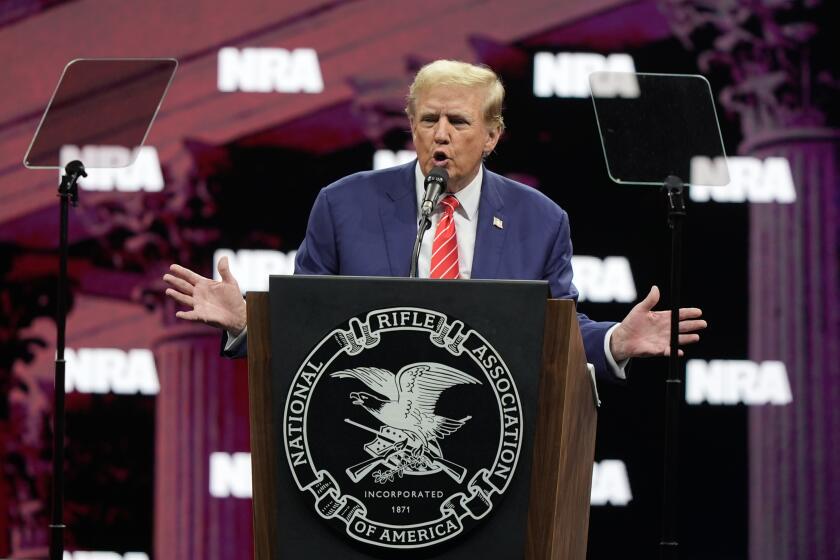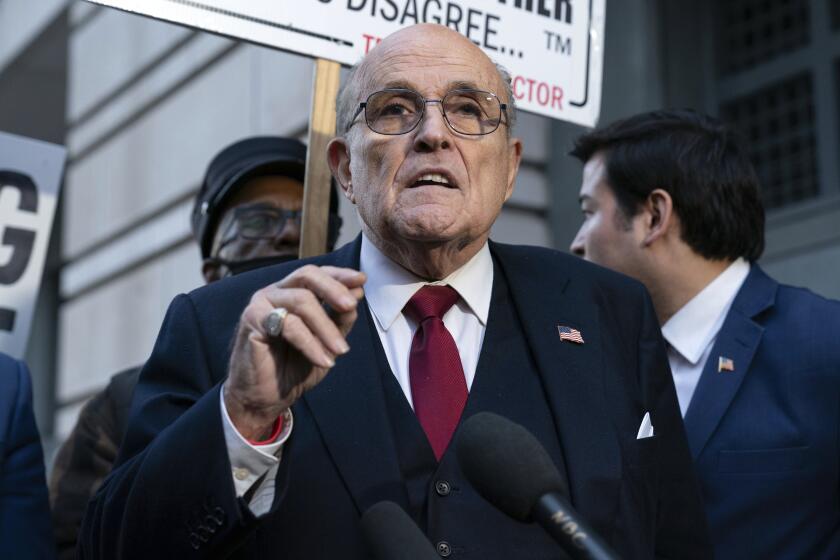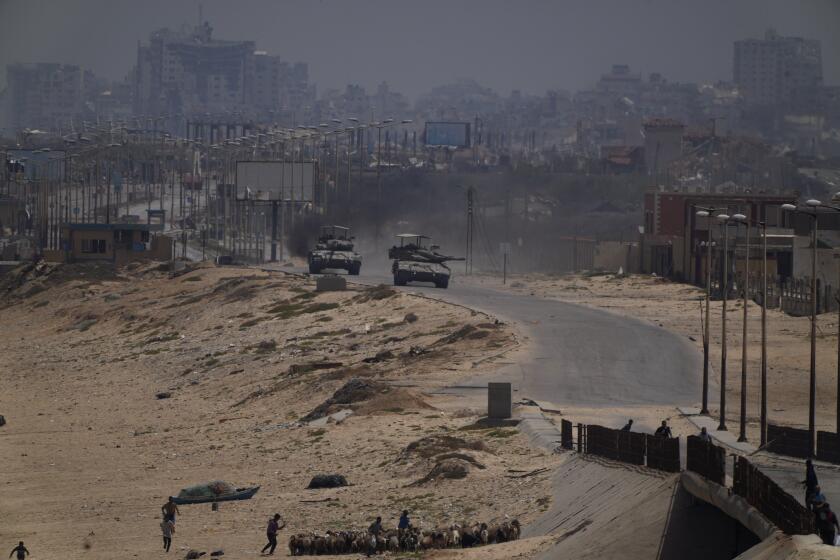For NATO, the Next Challenge is Eastward
Will President Bush’s successes prove durable? Public opinion in the NATO allies is still in a state of pleasant surprise at his performance in Brussels, but this mood is tinged by fears that it will prove to be just a flash in the pan. What comes next?
The Soviets are playing their cards close to their chests, but it cannot be long before they say, “Fine, but what about the rest of NATO, what about cutting the Bundeswehr?” It is a fair question but a hard one for Chancellor Helmut Kohl and NATO collectively to answer. The Germans have their special nuclear concerns, but they do not want to be rushed into a debate on substantial cuts in their own conventional forces. Nonetheless, they will have to grasp the nettle and think not only about what to tell their negotiators to say in Vienna but also about how to respond to Mikhail S. Gorbachev in the public debate that he will surely launch soon.
The short-range nuclear issue has been papered over but for how long? Margaret Thatcher’s interpretation of when and for what ends negotiations should be held is not that of the German electorate. Thatcher, having offered her compromise in agreeing that negotiations can be held, will not bend again without a great deal of pressure. Kohl, for his part, seems to have rejected the elimination of all short-range nuclear forces, but can he maintain that line in the face of public opinion and dissent within his own government? He is already sounding ambiguous and has been lectured by the Iron Lady on the importance of honoring commitments. Bush has done well to get his allies to agree on this vexed issue but he must be able to see the fragility of the formula.
Despite such doubts about longer-term consequences, at least the alliance is in a better condition than it was two weeks ago. It has shown that it is serious, that it has a spirit of give and take and that the United States is still prepared to provide a strong lead. It has even been able to unveil the much-heralded “comprehensive concept” for the enhancement of security, pointing ahead to a new implementation of the philosophy of working for relaxation of tensions from a position of strength.
The concept begins well, calling for the overcoming or setting aside of “the unnatural division of Europe, and particularly of Germany.” This now becomes the prime challenge. Arms control and force modernization are important and difficult issues on which much painstaking specialized work will have to be done before real benefits can be achieved, but the most difficult and fascinating question now before the alliance is how to plan strategy for improving relations with Eastern Europe.
In his Mainz speech, Bush pointed to the special roles that West Germany and the United States have to play in that process. True, but they must be part of a wider effort if old apprehensions in both East and West about the role of Germany in Europe are not to arise again. Major parts also must be played by Britain, France and Italy. Other allies should feel welcome partners in the task.
Collectively, the West must work out the fine balance of policies to be pursued if reform is to be encouraged without eruption of riot and repression. Not everything has to be done together or in the same way: A little variety in Western approaches must surely help the Eastern Europeans as well as making better use of Western strengths. But policies in their fields of banking, technology transfer, human rights and trade need to be concerted. It is all too easy, as we saw in the gas pipeline furor of the early 1980s, for alliance partners to contradict and frustrate each others’ efforts when dealing with the East in a nonmilitary way.
The West must now confront the question as to whether the prospects for further political reforms in Eastern European states are being undermined by their economic weakness, and if so, what should be done about it? Bush has given a good lead on how to help Poland but the rest of Eastern Europe awaits a policy. How is the Soviet Union to be treated in this regard? Ambitious schemes along the lines of a new Marshall Plan would probably meet with rejection in the East and in any event would squander Western resources. A highly selective approach will be necessary, looking for reformed or reforming enterprises to support it. The political context for such enterprises must permit competition and allow the reeducation of Eastern Europeans on how to work profitably before real benefits can be achieved.
These are only the opening phases of a long process that must also include the fostering of human rights and freer expression of opinion. It is much more interesting work than military confrontation, but also much more delicate. It is not hard to imagine how divisive the problems and controversies will be in the West. But the team is in good heart. The players want to play hard and well. Thus far, the captain’s slow, deliberate strategy has paid off but from here on the game will become faster and more subtle. How well will Bush adapt to the new playing style is the big question.
More to Read
Start your day right
Sign up for Essential California for news, features and recommendations from the L.A. Times and beyond in your inbox six days a week.
You may occasionally receive promotional content from the Los Angeles Times.






